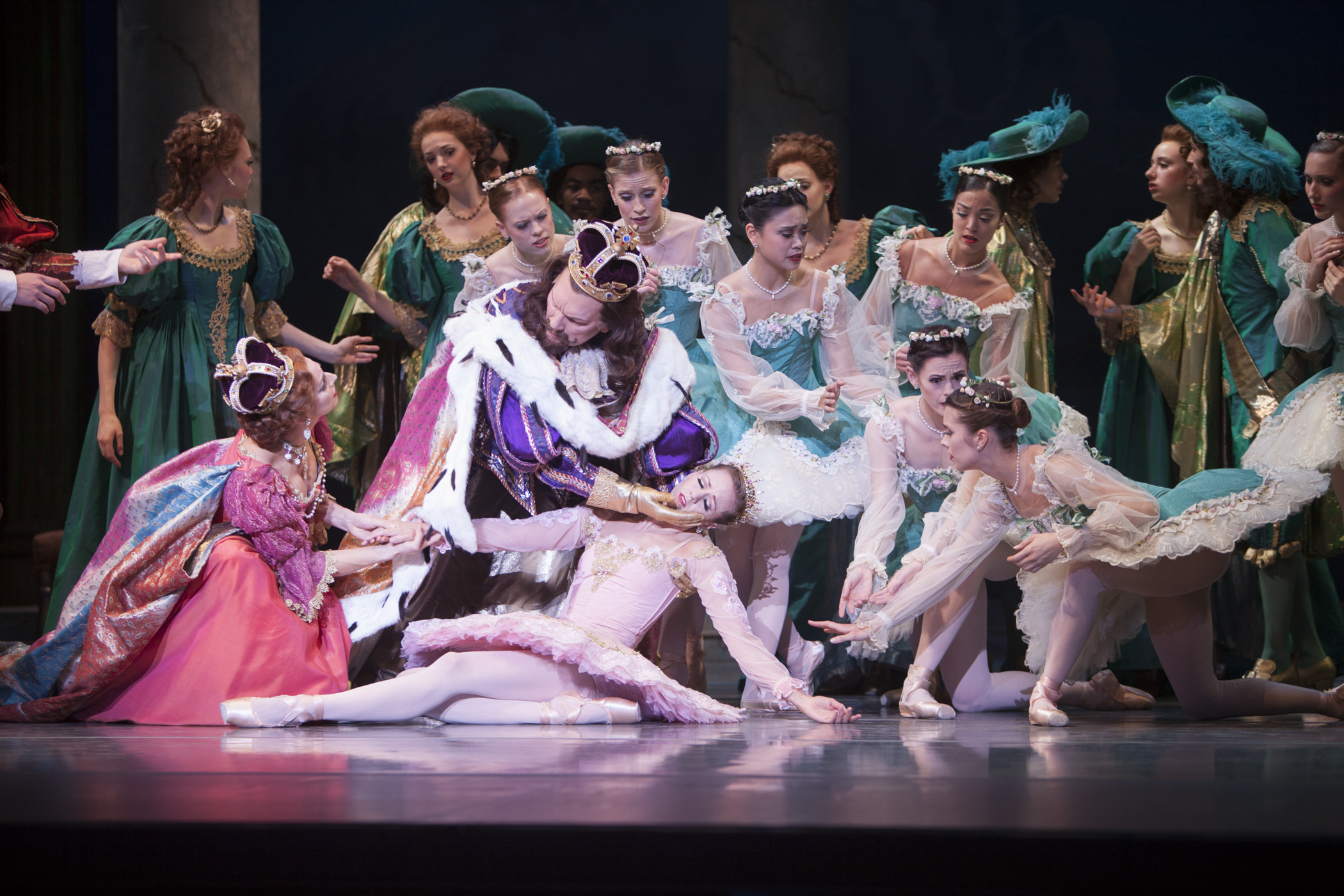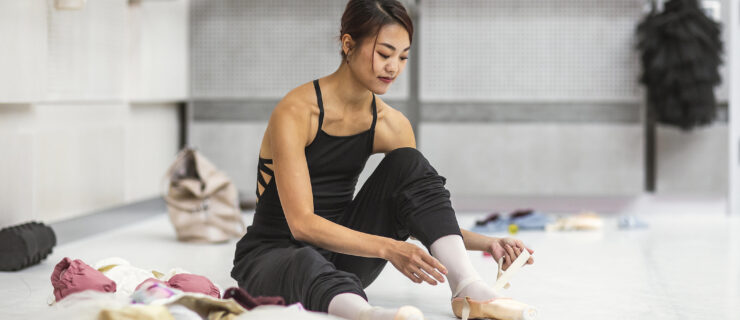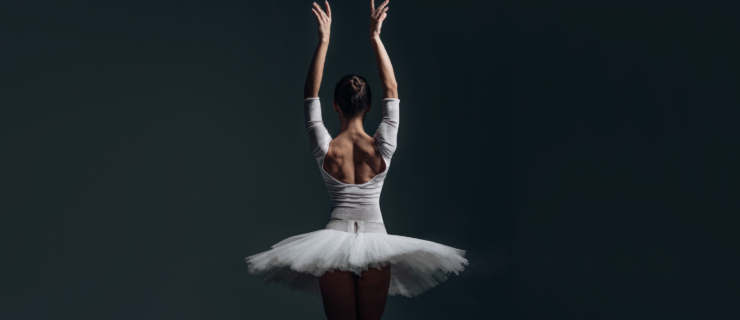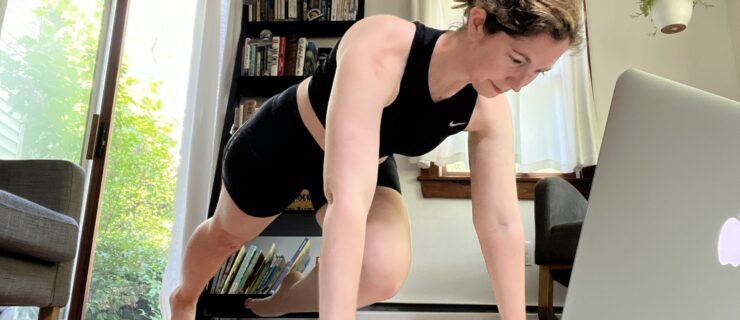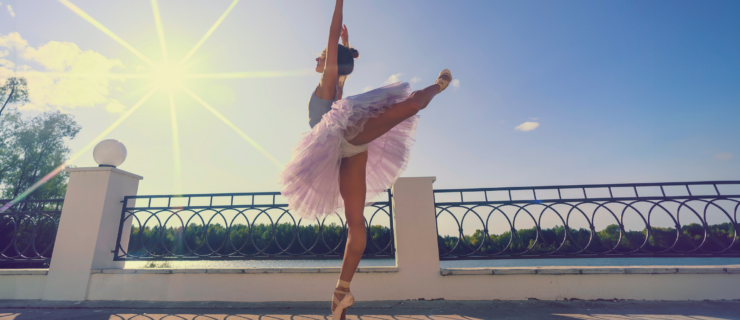How to Get Good Sleep Before—and After—Performances
Between the butterflies in your stomach, the last-minute mental rehearsals and the never-ending what-if worries, falling asleep and staying asleep the night before a performance can be a challenge.
Dr. Shelby Harris, a psychologist who specializes in behavioral sleep medicine, says this is normal, and that it’s partially your brain’s way of trying to protect you before an important day, making sure you don’t forget anything or oversleep.
Falling asleep after a performance can be just as tough, even when your body feels exhausted: After hours of being hyperalert, it can be hard to get your body and brain to relax, says Harris. Plus, there’s the tempting opportunity to review everything that went well—or didn’t—during your show.
As impossible as it can feel, it’s worth prioritizing a good night’s sleep as bookends to your performances: Studies of dancers and athletes suggest that performance is improved with better sleep, says Dr. Susheel Patil, director of the Sleep Medicine Program at University Hospitals in Cleveland, Ohio. And after performances, sleep helps your body repair muscles, says Harris, and even allows your brain to process the many emotions you’ve gone through.
Use these tips from Harris, Patil and Pacific Northwest Ballet principal dancer Lesley Rausch to integrate better sleep into your pre- and post-performance routines.
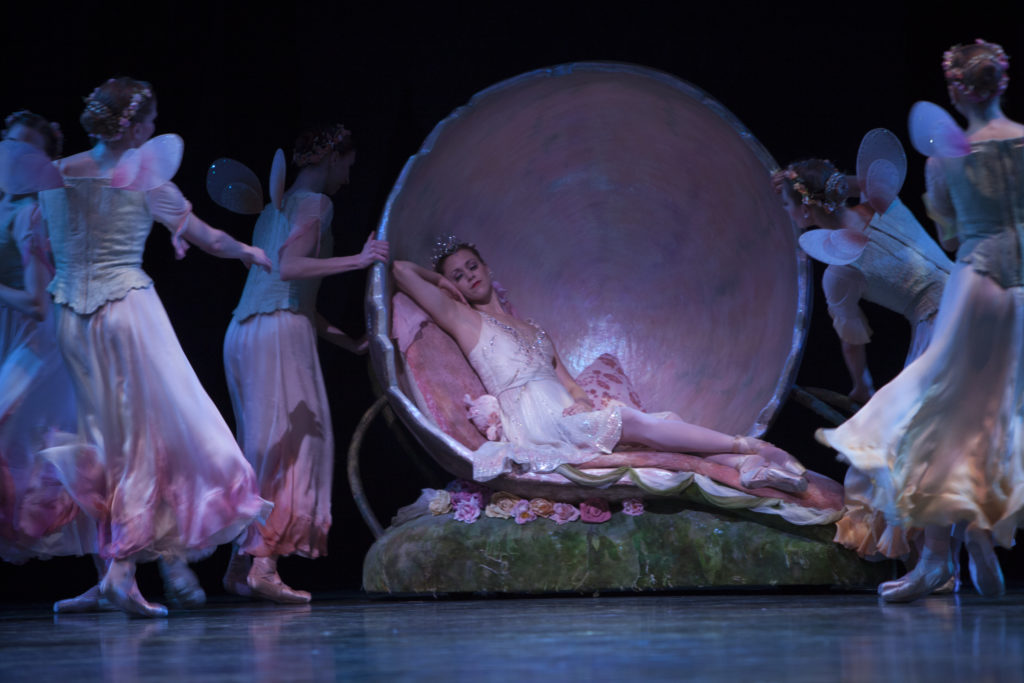
Form Good Habits Early
If you don’t have healthy sleep habits in general, you can’t expect to suddenly be able to fall asleep early and stay asleep through the night right before or after a performance. Ideally, you should have a consistent sleep routine every night, but, at the very least, you should begin practicing healthy sleep habits the week before a performance, suggests Harris. These include:

- Having a regular bedtime and wake time (typically eight to 10 hours of sleep is recommended for teens and seven or more hours for adults)
- Avoiding caffeine after 2 pm and alcohol three hours before bed
- Eating a dinner that won’t upset your stomach
- Putting screens away an hour before lying down
- Getting light exposure in the morning
Rausch says that she’s experienced periods of poor sleep throughout her career, tied to stress and anxiety, but over time she has built a regular nightly routine. Her evenings now include taking a hot shower or bath to wind down, a melatonin supplement, wearing earplugs, a comfortable setup that includes putting a pillow under or between her knees and covering her eyes with a T-shirt.
Find what works for you, and follow it as closely as possible the night before a performance—and don’t be tempted to try any sleep aids you’ve never used before, says Harris.
Don’t Force It
“If you try to force it, that’s the kiss of death for sleep,” says Harris. Once the night before a performance arrives, trust that the routine you’ve established will be enough to give you quality sleep. Worrying about whether or not you’ll be able to fall asleep will only make it worse.

If you don’t feel tired, Harris suggests getting up and doing something like reading until you get sleepy, rather than lying in bed awake. If butterflies do keep you awake most of the night, take comfort in the fact that the good sleep you’ve built throughout the week—along with your adrenaline—will likely carry you through the next day, says Harris, and may make it easier to fall asleep post-performance.
Follow this same guidance if you wake up in the middle of the night: If you can’t fall back asleep in 15 to 20 minutes, get up and do a relaxing activity, suggests Patil, which could be journaling if it’s your thoughts that are keeping you up. And if it’s getting close to when you were going to wake up anyway, it’s often best to just begin your day, he says.
Turn Off Your Brain
If you frequently find yourself lying in bed rehearsing in your mind, or running through everything you need to throw in your theater bag the next day, try creating a plan to address your worries earlier in the day.
Do as much preparation as you can in the morning and afternoon the day before a show, suggests Patil, so by the evening you can relax. Using a written checklist can help quiet your brain when it comes time to sleep, he says, and it can include any last-minute preparations you need to make the following day, so you aren’t awake worrying you’ll forget about them.
Similarly, Harris suggests doing a “brain dump” before bed, and journaling anything that’s on your mind. Don’t try to solve any problems, she says, but do come up with possible “next steps” you can take. (This can also be a helpful exercise the night after a performance as you reflect on how it went.)
Rausch uses the Calm app to meditate when she’s struggling to fall asleep, which she says helps her be in the present moment rather than worrying about past or future performances. She’s also found that incorporating meditation and other stress-management habits—such as breathing exercises and short naps—into her daily routine makes it easier to turn off her brain when bedtime comes. Then, she says, “my body and my brain understand how to get to that place again.”
